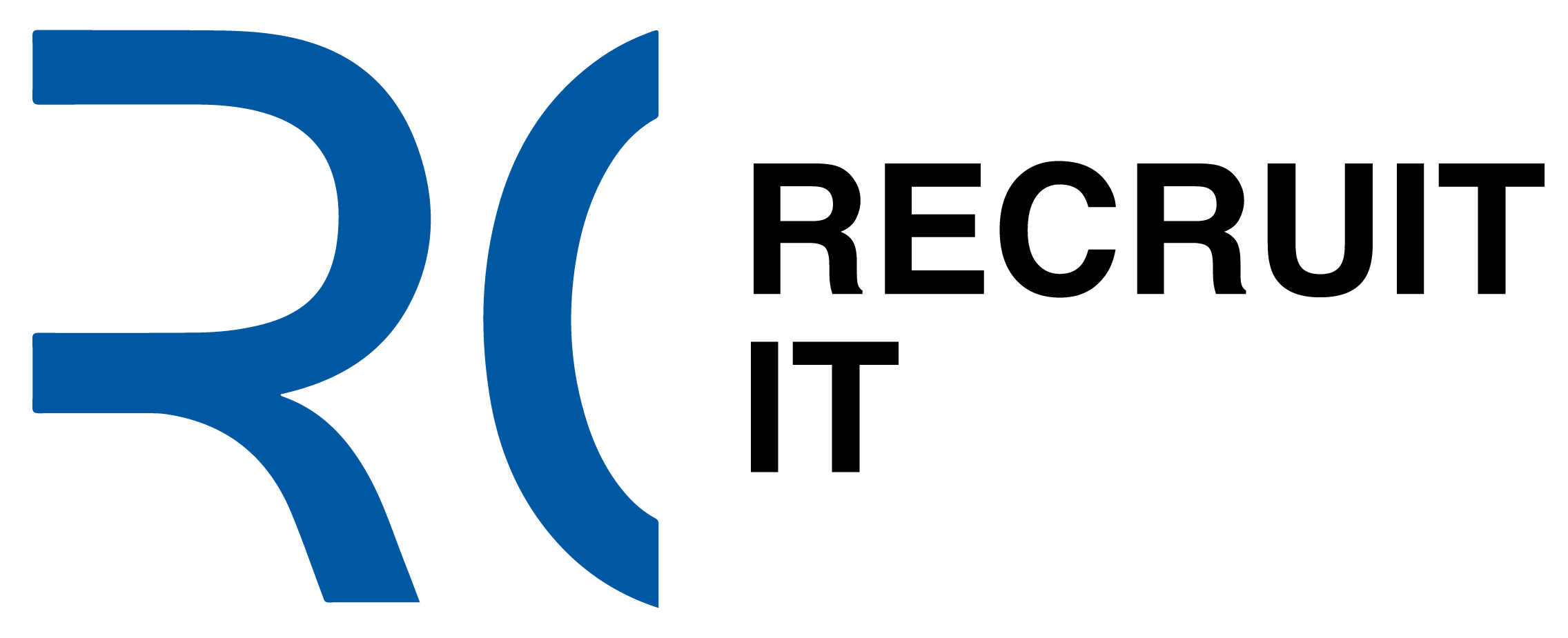In today’s rapidly advancing technology landscape, IT professionals need to continuously learn and develop their skills. For individuals seeking to create their own career development plans independent of their employers, the following steps can help guide the process effectively:
- Assess Your Current Situation
The first step in creating a career development plan is to evaluate your current status. This involves a candid analysis of your technical skills, experiences, and interests. Assess your own performance and identify your strengths and weaknesses. You can do this through self-reflection or by seeking feedback from a trusted colleague.
- Set Career Goals
Defining your career goals is crucial. Consider your long-term career aspirations and outline short-term steps to achieve them. Ensure your goals are SMART (Specific, Measurable, Achievable, Relevant, Time-bound). For example, setting a goal like “I aim to obtain an AWS Certification within the next 6 months” provides a clear and measurable target.
- Identify Development Areas
Determine which skills and knowledge you need to develop to reach your career goals. This may include technical competencies, leadership skills, or specific certifications. Consider the gaps in your current role and the skills required to achieve your career objectives.
- Explore Training and Development Opportunities
Seek out various training and development opportunities to enhance your skills. Look for online courses, workshops, certification programs, and conferences. Additionally, consider experiential learning opportunities such as on-the-job training, mentoring, and project involvement. Platforms like LinkedIn Learning, Coursera, and Udemy offer valuable resources to keep your skills current.
- Seek Mentorship and Coaching
Mentorship and coaching can play a significant role in your career development. Finding an experienced mentor can provide valuable guidance and advice. Regular meetings with your mentor can help you plan the necessary steps to achieve your goals and track your progress.
- Collect Feedback and Track Progress
Regular feedback and progress tracking are essential for a successful career development plan. Obtain feedback through performance reviews and one-on-one meetings to understand your areas of improvement and where you need to focus more. Additionally, regularly review your progress to see how close you are to achieving your goals.
- Be Flexible and Adapt
Career development plans should be flexible to accommodate changing conditions and new interests. Technological advancements and shifts in the job market may impact your career goals and development needs. Periodically review and update your career development plan to reflect any changes.
Creating effective career development plans for IT professionals enhances job satisfaction and supports long-term career success. By assessing your current situation, setting clear goals, identifying development areas, and pursuing relevant training, you can build a fulfilling and successful career. Supported by mentorship and regular feedback, flexible plans will help you navigate your career journey more effectively.


